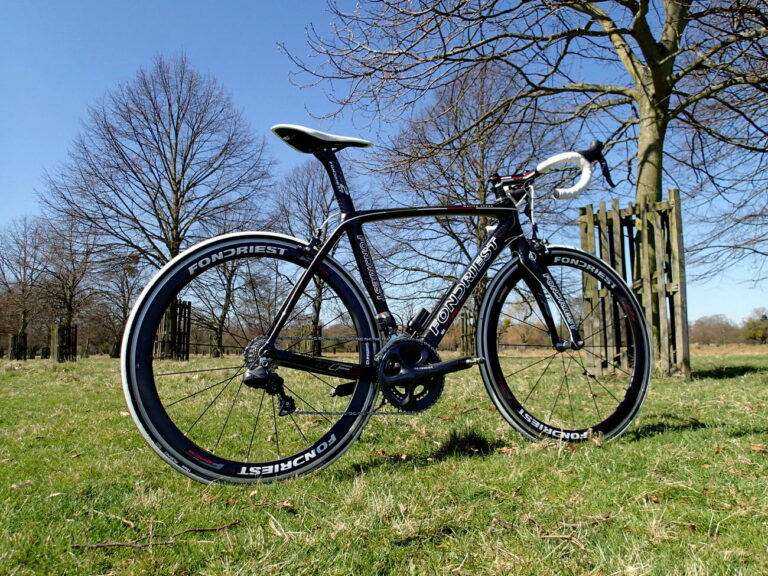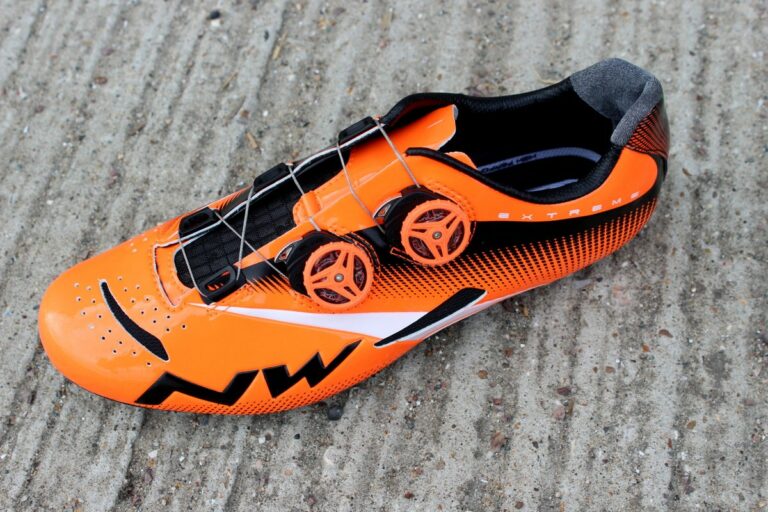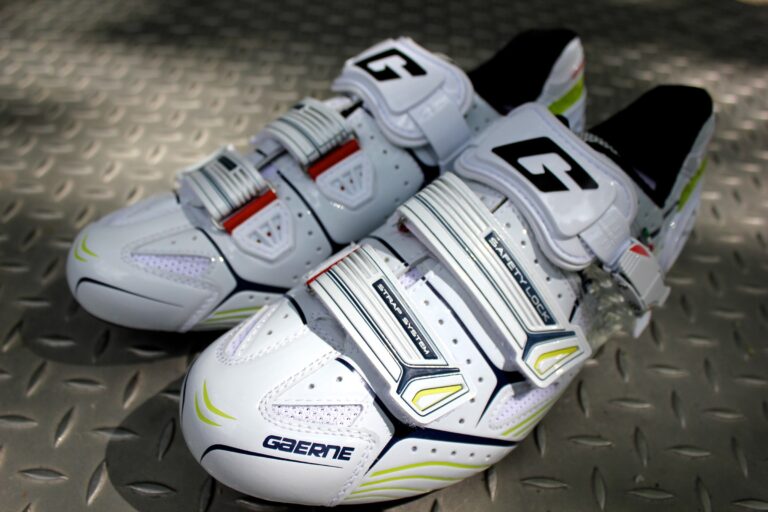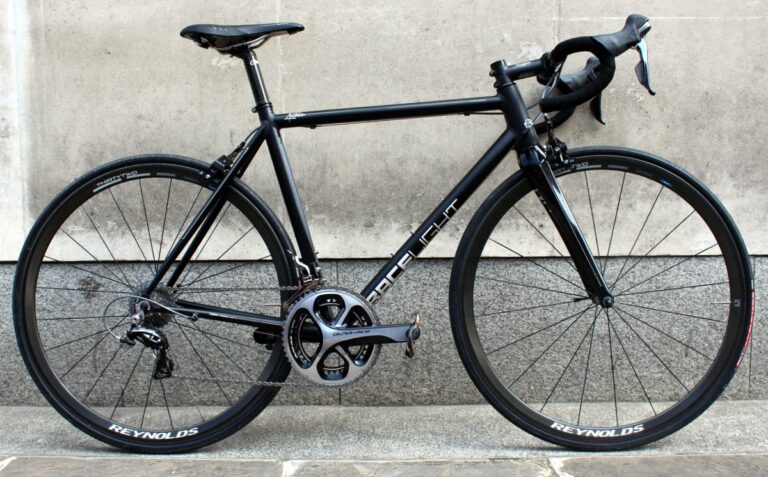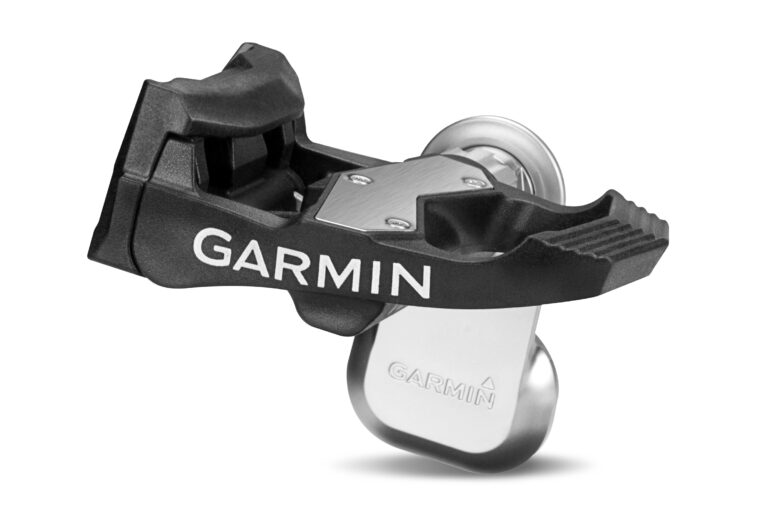Summer has finally arrived, and with it the opportunity to treat your steed to some new rubber.
Several factors could now contrive to allow the use of summer tyres: better weather should bring cleaner roads, and so a reduced need to run thick, heavy, debris-resistant rubber.
If you’re racing, it’s likely that the nature of your riding will have changed with the season, too. Long rides to build a fitness base will have been replaced with shorter competitive outings, meaning durability will no longer be the key consideration when choosing a tyre.
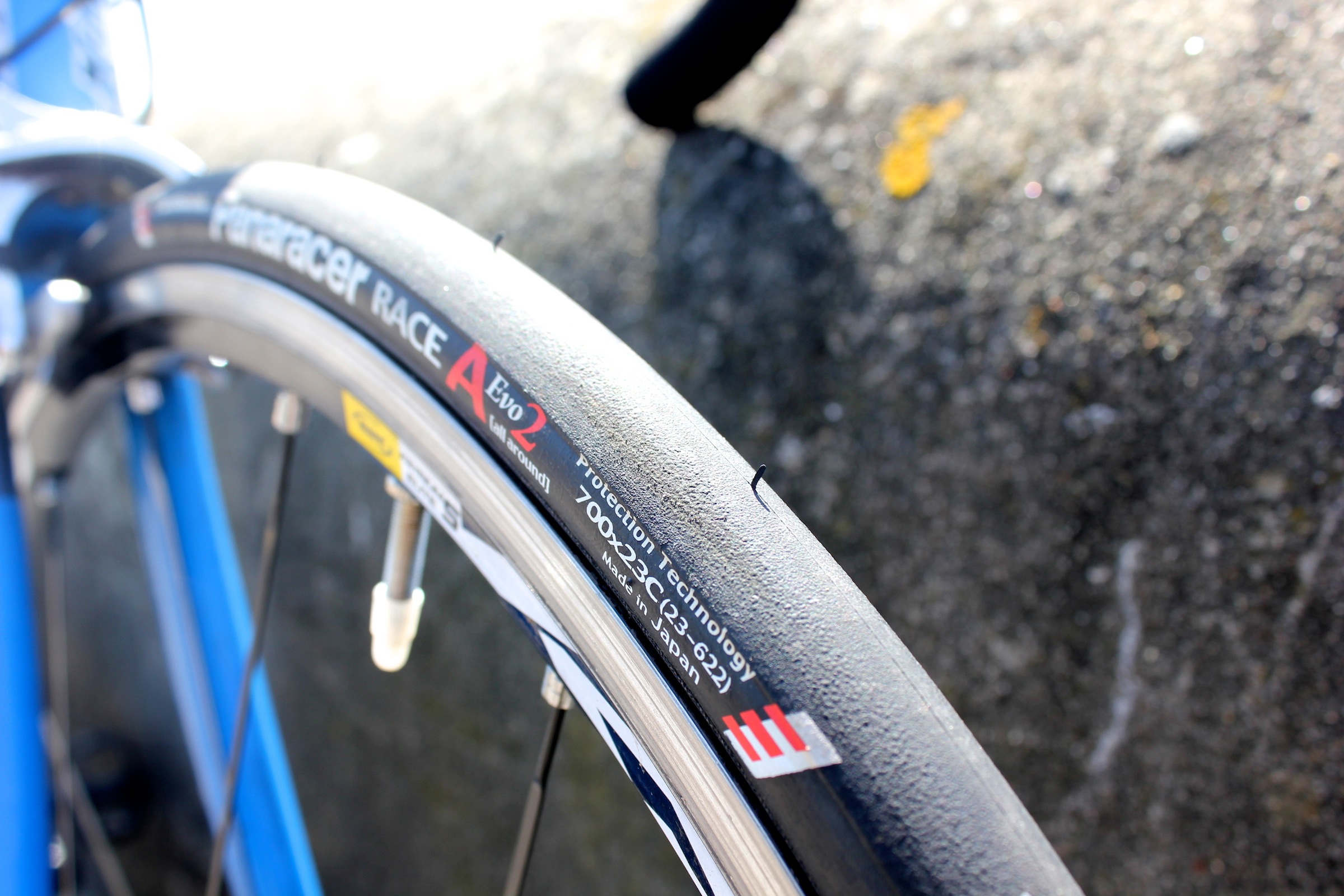
So what makes a ‘summer’ tyre? We checked in again with Jon Hayes, mechanic at independent bike shop, Ride, whose tips on checking the wear on summer tyres can be found here.
Today, we’ll focus on the characteristics of a summer tyre – its purpose, weight, compound, durability – rather than discussing the pros and cons of specific tyres from specific brands.
Why a summer tyre?
Fitting summer tyres can transform the performance of your bike. This is especially true if you’re running one bike year-round. Jon advises making the switch only when you’re certain the worst of the weather has passed and only when the bike – the drivetrain especially – has been cleaned of winter grime.
“Don’t run the same tyres you’ve run all winter on gritty roads and try and run them through the summer and enjoy it as well,” he says. “Take off the winter tyres, store them in the garage if they’re still in good shape, buy some nice, lighter tyres and you’ll thank yourself for it.”
“If the weight comes down enough, you might experience an improvement in acceleration and in climbing, but you’ll almost certainly notice it in cornering grip, in road feel, and in the quality of the ride. The tyre is your first point of contact with the ground. If it’s good quality, that will come up through the bike and you’ll feel that it rides more nicely.”
Weight watcher
Weight savings in your rolling stock will yield greater performance gains than in any other area of the bike. The greatest gains can be made in reducing wheel weight, but this can be an expensive path to walk. Fitting a lightweight set of tyres could deliver a sufficient weight reduction to improve performance on accelerations an climbs. So what signifies ‘light’?
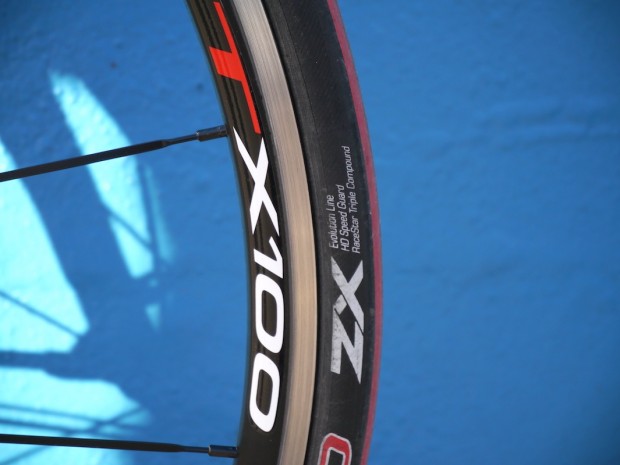
“Anything under 200 grams, I would class as a race day tyre,” says Jon. “You’ll be sacrificing durability for weight. If money’s no object, great – throw a new set of tyres at it every weekend. But if you’re doing serious mileage and want at tyre that’s going to last, look for something over 200 grams.”
Performance tyres, those many of us are likely to fit for summer riding, deliver most of their weight saving by using a Kevlar bead, rather than a steel bead. The carcass of a summer tyre is also likely to have a higher thread count (TPI – threads per inch) and to be more supple as a result.
Durability and pieces of string
Many riders, particularly those who have recently discovered the sport, are concerned by the number of miles a tyre should deliver before being classed as worn out.
“How long is a piece of string?” says Jon, tongue firmly in check. Mileage is a measure of durability, but this often comes at the expense of other, equally desirable qualities like grip and suppleness.
“A lot of expensive tyres won’t last very long,” he says. “It’s the compound, and the grip that comes from it that you’re paying for. Look at a Formula One tyre: they’re incredibly expensive, and very, very specific, but they last less than one race. They give performance.”
A winter training tyre should deliver substantial mileage, but typically will be heavy, and suffer from a higher rolling resistance. Suppleness and grip are also likely to be compromised in favour of durability.
Compound interest
The compound refers to the rolling surface of the tyre, the patch of rubber in contact with the road. “It’s a chemical make-up of the rolling surface of the tyre,” says Jon.
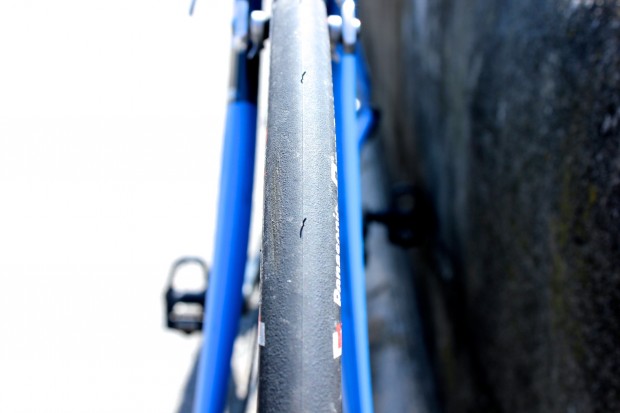
“Each of the manufacturers will have their own top secret formula for the compound.” The compound of a summer tyre is likely to be softer, more susceptible to cuts and damage, and faster wearing, he adds, but to offer more grip as a result.
Summer tubes?
Lighter, thinner inner tubes, likely to deform more easily, can also improve the quality of your ride. If you’re investing in a new set of lightweight tyres for summer, Jon advises buying lightweight inner tubes to avoid detracting from the performance of your new rubber.
“Use talcum powder or French chalk inside the tyre and move it around so the tyre is dusted inside when you put your tube in,” Jon says. “The two will move against each other and that will help with road feel and compliance. It can also help with reducing punctures.”
Butyl tubes can have a tendency to stick to the inside surface of the tyre over time, and a dusting of talcum powder or chalk can help to alleviate this.
Latex inner tubes are typically lighter and offer greater stretch than their cheaper, butyl equivalents. The greater stretch of the latex can be an aid to puncture resistance, stretching around any object that breaches the tyre. The drawback? “The tend to go down more quickly,” says Jon.
Here comes the summer
With excellent weather in the offing for weeks to coming, now might just be the opportunity to transform your year-round bike into something more sprightly. Or if you’re lucky enough to be running two machines, the summer bike will certainly be given a helping hand towards its intended role with some lightweight ‘boots’. With our notorious climate, we could be back to snow and ice next week, so fitting summer tyres could be top of your ‘to do’ list this weekend.

